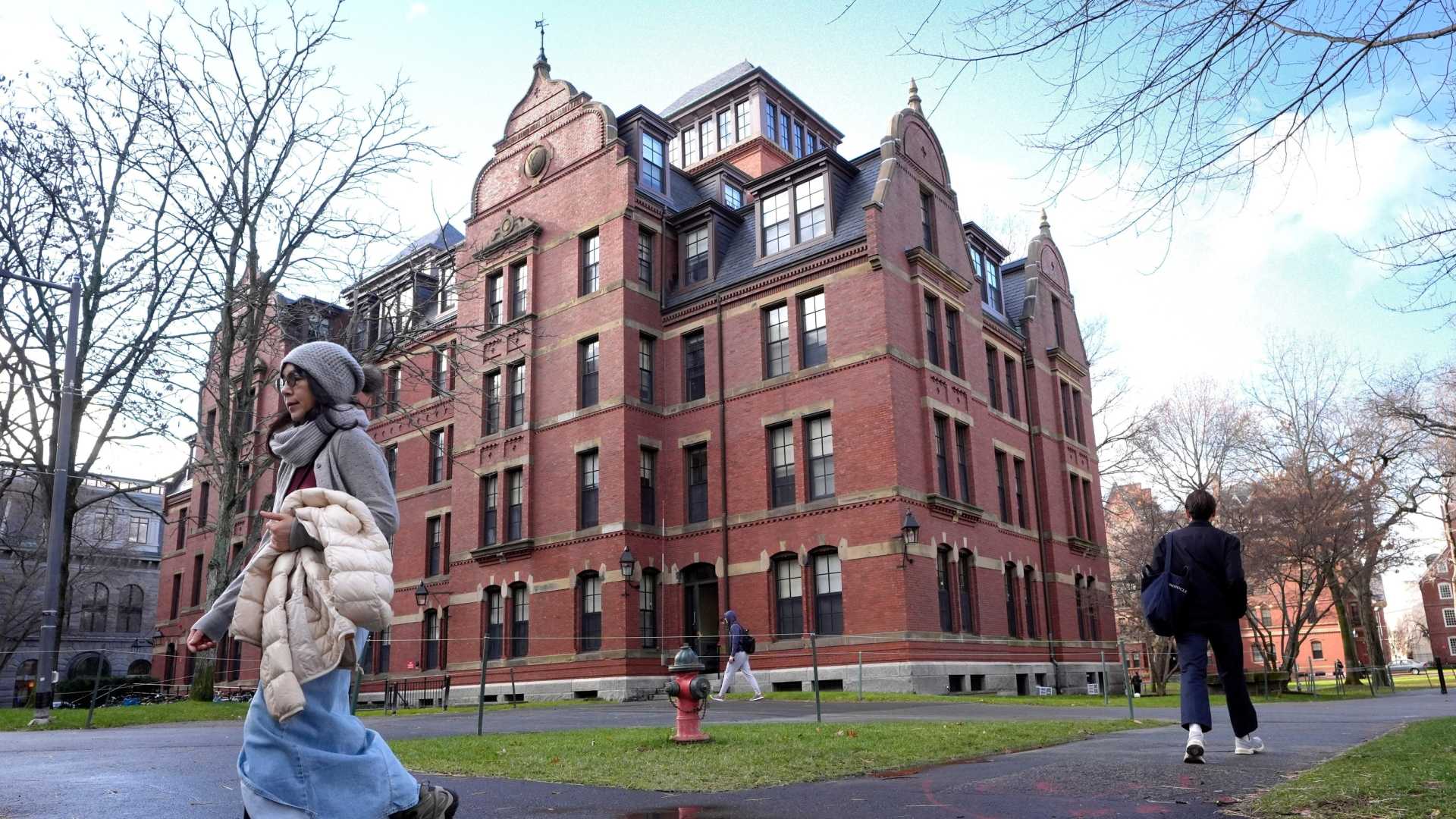News
U.S. Revokes Harvard’s Student Visa Program Amid Controversy

Washington, D.C. — The U.S. Department of Homeland Security has taken a significant step by revoking Harvard University’s certification to enroll foreign students. This decision, announced by Secretary Kristi Noem, comes amid allegations that the university has ties to the Chinese Communist Party (CCP) and fosters a hostile campus environment marked by antisemitism.
The order, issued on May 22, cites concerns over safety for international students, particularly Jewish students, and claims that Harvard is “coordinating with the Chinese Communist Party” to the detriment of American values. Secretary Noem stated, “It is a privilege, not a right, for universities to enroll foreign students,” highlighting the severe repercussions for over 6,000 current international students at Harvard, many of whom could be forced to transfer else they face losing their legal status.
The move draws scrutiny in light of a lengthy investigation into Harvard’s relationships with various entities tied to China. Critics allege that the university has collaborated with organizations like the Xinjiang Production and Construction Corps (XPCC), which has been sanctioned by the U.S. Treasury for its involvement in alleged human rights abuses against Uyghur Muslims.
John Moolenaar, chairman of the House select committee on China, emphasized the seriousness of the situation, stating, “Harvard trained members of a sanctioned Chinese paramilitary group responsible for genocide. These are not isolated incidents; they represent a disturbing pattern that puts U.S. national security at risk.”
According to available data, Harvard has received over $151 million from foreign governments since 2020, a significant portion of which is linked to Beijing. This financial dependency has raised questions about the integrity and motivations behind Harvard’s academic pursuits.
The university, facing backlash from both politicians and public opinion, has argued that this revocation infringes upon their First Amendment rights and poses a significant threat to academic freedom. Former Harvard President Larry Summers described the move as “the most serious attack on the university to date.”
In light of recent tensions, the ongoing debate touches on the broader implications of U.S.-China relations, particularly concerning educational exchanges. As domestic political climate shifts, the future of foreign students in U.S. universities hangs in the balance.
As they navigate this uncertain landscape, students, particularly Chinese nationals, are increasingly seeking alternatives. Many are reconsidering their educational aspirations in the United States, with thoughts of returning home or looking elsewhere for opportunities.
In response to the DHS order, Harvard has filed a lawsuit against the federal government, securing a temporary injunction while the situation unfolds. However, with the House Select Committee demanding internal documents by June 2, the university’s battle for its certification is far from over.












